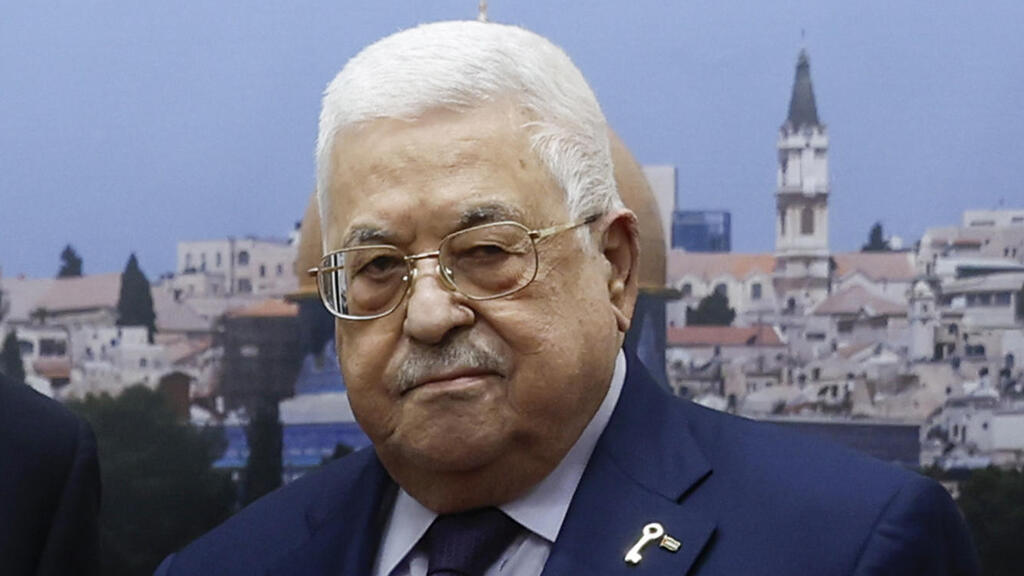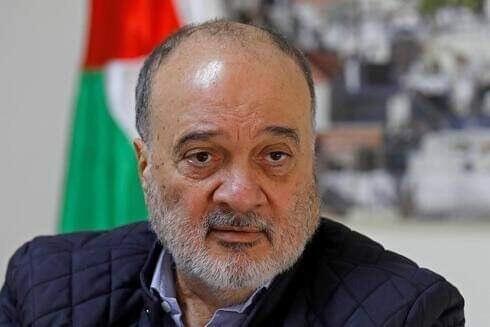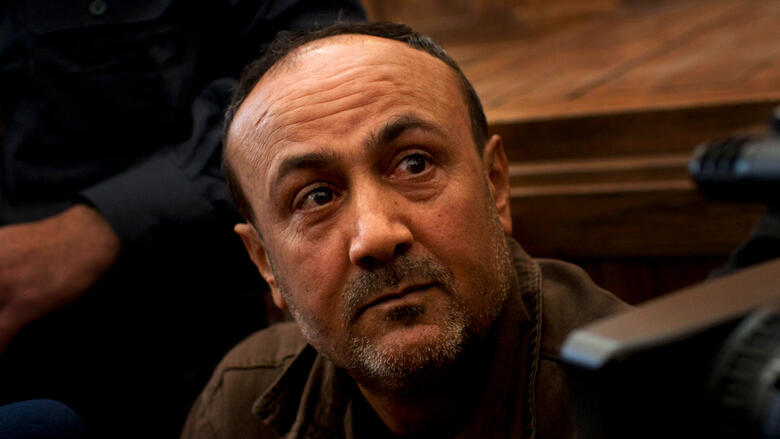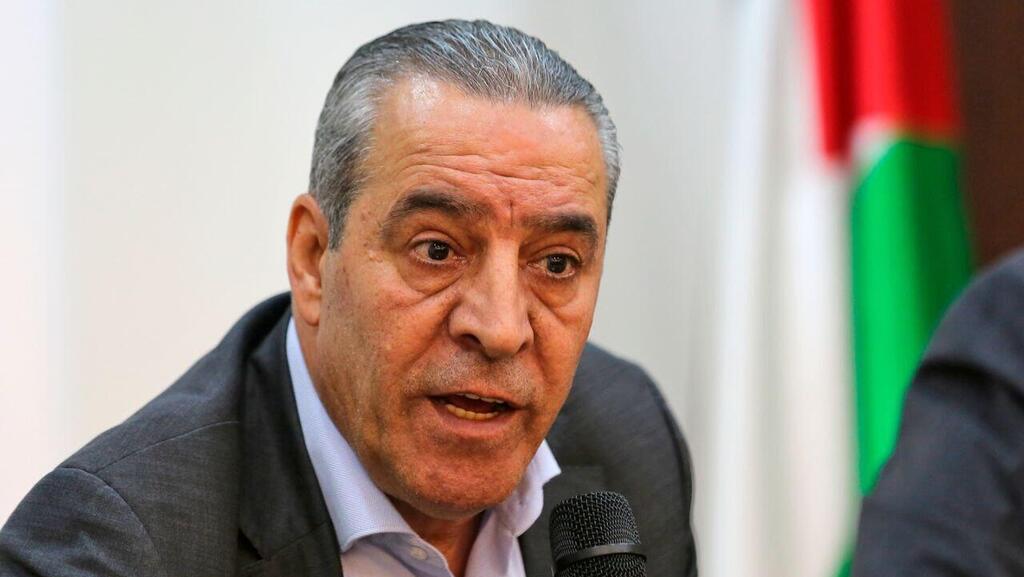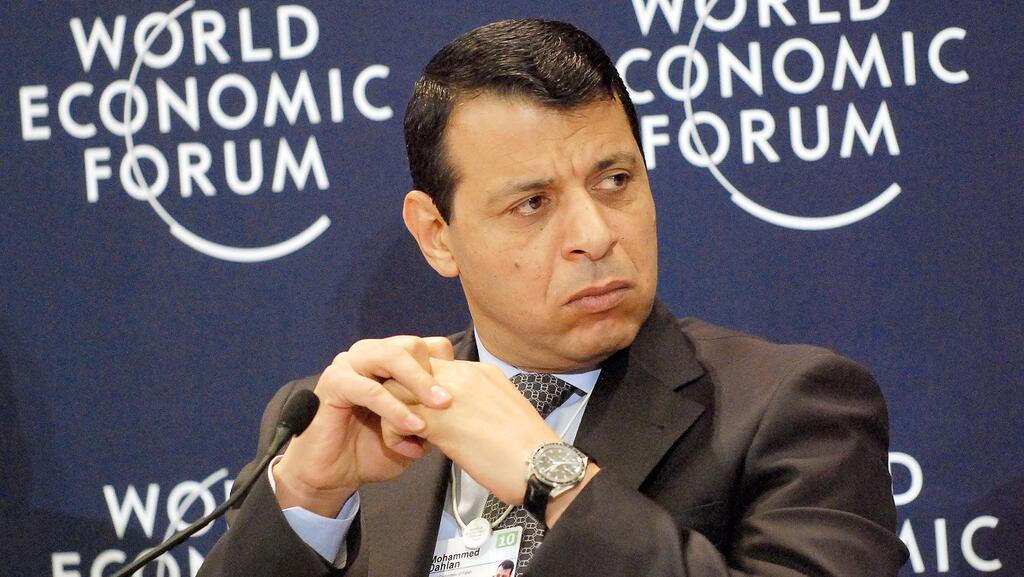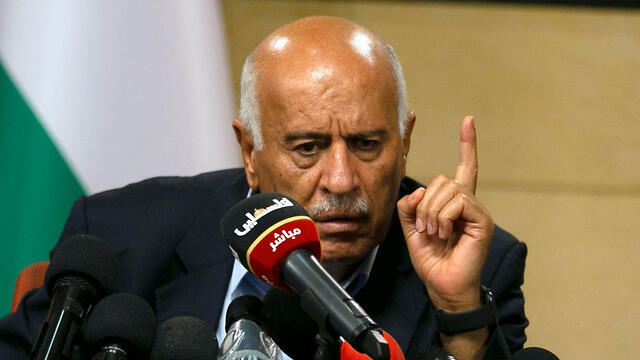The Palestinian Authority’s 88-year-old President Mahmoud Abbas has been in power for nearly 19 years. Abbas, who replaced Yasser Arafat, didn’t strive to approach Israel and resolve the Israeli-Palestinian conflict – be it out of a lack of desire or lack of effort.
More stories:
Other than his cooperation with Israel on security coordination against Hamas, his long tenure has been characterized by tense relations with officials in Jerusalem. Now, with the U.S. signaling to Abbas to step down, the Palestinians are preparing for the post-Abbas era. Here is a shortlist of potential successors to "The Rais."
U.S. President Joe Biden’s administration, which has already begun drawing up plans for the region for the day after the war with Hamas, doesn’t rely on the weak Abbas to govern the West Bank, and possibly Gaza after a deep reform within the Palestinian Authority. Last month, Biden called for the establishment of a "revitalized Palestinian Authority" and the implementation of the two-state solution.
Fatah is the dominant party in the West Bank. The next generation of Palestinian leadership is already working to garner popular support. These leaders aren’t new blood but figures familiar to Israelis for many years.
Nasser al-Qudwa, 70, is Arafat's nephew and served as the Palestinian Authority’s ambassador to the UN and as the Palestinian foreign minister. His resume also includes the position of Deputy Special Representative of the UN Secretary-General in the UN’s aid mission to Afghanistan and the Special Envoy to Syria responsible for making contact with rebel groups.
In 2021, al-Qudwa announced his independent candidacy in the Palestinian Legislative Council elections, leading a joint list with Marwan Barghouti under the name "Hope." Following his independent run, al-Qudwa was disqualified from Fatah’s central committee. Nevertheless, he is still considered an influential figure there.
Marwan Barghouti, 64, imprisoned in Israel for many years, is considered a prominent figure in the Palestinian public sphere as someone who could change the Palestinian stance if released through future deals and agreements regarding Gaza and the Palestinian Authority.
In the latest poll conducted in the West Bank, he is considered a preferred candidate to replace Abbas. Barghouti, referred to as the "Palestinian Mandela" in the West Bank has been sentenced to five life sentences and 40 years in prison for his involvement in terror attacks that killed and injured Israelis. During the war, Hamas reportedly demanded his release as part of a future deal with Israel.
Hussein al-Sheikh, 63, has been serving as Secretary-General of the Executive Committee of the Palestine Liberation Organization since 2022, and is considered a potential successor to Abbas. However, he doesn’t enjoy broad public support, partly due to sexual harassment and corruption allegations against him.
Al-Sheikh, who served time in an Israeli prison at 18 for involvement in terrorist activities, was appointed in 2007 as the head of the General Authority for Civil Affairs and later as the head of the Community Action Center.
Mohammed Dahlan, 62, one of Fatah’s founders, was exiled to the United Arab Emirates after Abbas discovered that he was working to oust him. Dahlan, born in the Gaza Strip's Khan Younis, previously served as the head of Palestinian Preventive Security in the coastal enclave.
In 2020, he was appointed as the special advisor to Abu Dhabi's then-heir apparent, Mohammed bin Zayed. Dahlan gained popularity in the West Bank and Gaza. According to various reports, he was involved in the Abraham Accords, which included his future return to the Palestinian Authority. Dahlan also receives support from moderate Arab countries.
Samer Sinjlawi, a Fatah activist, noted that Dahlan is the most suitable to succeed Abbas. "Israel should consider involving him in the process following the war with Hamas. He’s considered reliable both in Israel and among the Palestinians and believes in coexistence," he said.
Jibril Rajoub, 70, a Fatah member and the chairman of the Palestinian Football Association. He served as the head of the Palestinian Preventive Security in the West Bank and is considered popular in the Hebron Governorate. He’s known for having pragmatic positions regarding Hamas, although he has acted against it in the past. Recently, he justified the October 7 massacre, calling it "part of the Palestinians' defensive war."




